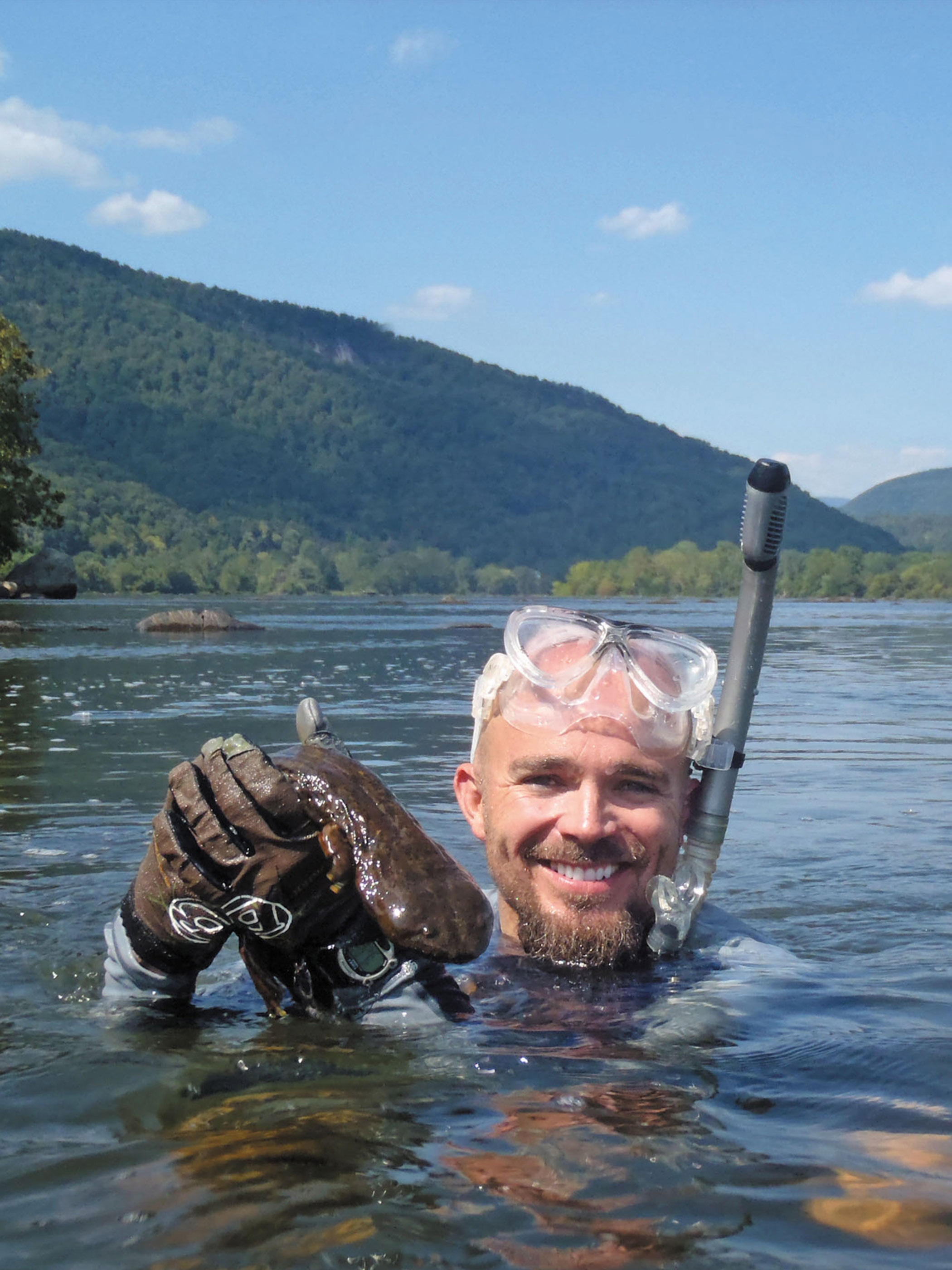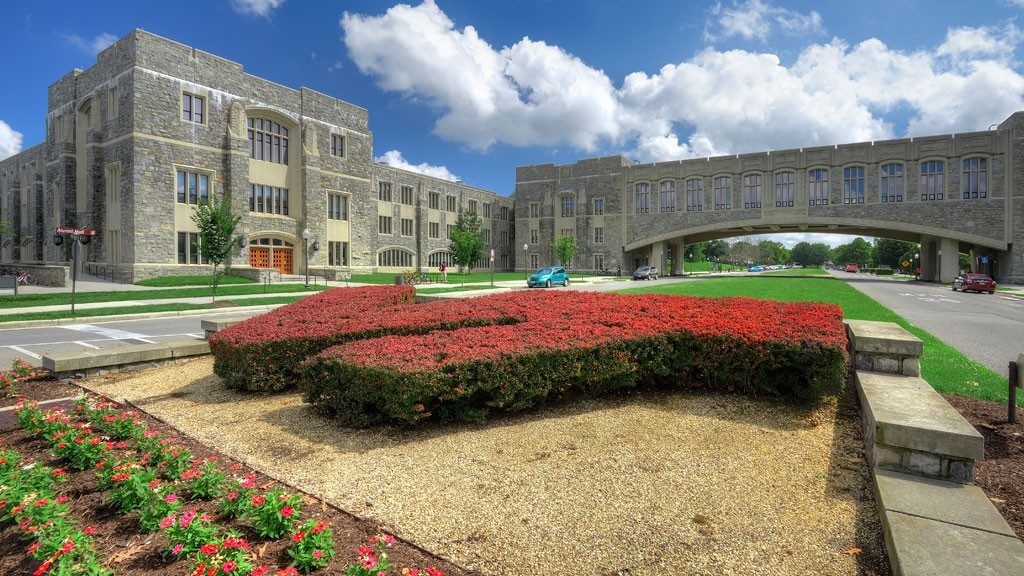Dr. William Hopkins
FACULTY AFFILIATE | Global Change Center
Fish and Wildlife Conservation
Lab Website • Google Scholar • Dept Page
(540) 231-7292 • hopkinsw@vt.edu

Dr. Hopkins’ research program at Virginia Tech focuses on conservation physiology, physiological ecology, and wildlife ecotoxicology. In relation to global change, Dr. Hopkins studies how wildlife respond physiologically and behaviorally to anthropogenic disturbances. He is particularly intrigued by tradeoffs among physiological processes (e.g., reproduction, thermoregulation, immune function) and how global changes may force animals to reprioritize their investments of time and energy. Much of Dr. Hopkins’ research is also focused on parental effects and how parental behavior and physiology may influence fitness and the fitness of their offspring.
At Virginia Tech, Dr. Hopkins has taught undergraduate courses in Wildlife Biology; Island Ecology, Evolution, and Conservation (in the Galapagos); and Tropical Ecology & Conservation (from the Amazon to the high Andes in Ecuador). At the Graduate level, he has taught Vertebrate Physiological Ecology and the Global Change Seminar and Capstone Courses.
Dr. Hopkins is a Professor in the Department of Fish and Wildlife Conservation at Virginia Tech. He is also the Director of the Global Change Center at Virginia Tech and the Director of the Interfaces of Global Change Interdisciplinary Ph.D. program. In August 2020, Dr. Hopkins joined the Fralin Life Sciences Institute at Virginia Tech as associate executive director. He holds additional adjunct associate professor appointments with the University of Georgia’s Odum School of Ecology and is on the Graduate Faculty at UGA. Hopkins has served on the editorial boards of three journals, the Scientific Advisory Board for the International Center for Birds of Prey, the Science Council for the Biodiversity Research Institute, and as a member of five National Academies of Sciences, Engineering, and Medicine Committees (two of which he chaired).
He has been a key scientific contributor to five of the U.S. Department of Interior’s Natural Resource Damage Assessment and Restoration (NRDAR) cases, including those surrounding the B.P. oil spill, the T.V.A. ash spill (Kingston, TN), the Olin Superfund site (Saltville, VA), the South River mercury spill (Waynesboro, VA), and the Los Alamos National Lab in New Mexico. In all five NRDAR cases, he has worked effectively with multiple stakeholder groups, including industry, state government, federal government, local concerned citizens, NGOs, private consultants, and other academic institutions. He also regularly serves in advisory capacities at the local, state, national, and international levels on issues pertaining to waste management, sustainability, and the global decline of biodiversity.
Dr. Hopkins has published more than 200 peer-reviewed manuscripts and book chapters on subjects pertaining to environmental stress, pollution, and physiological ecology.




